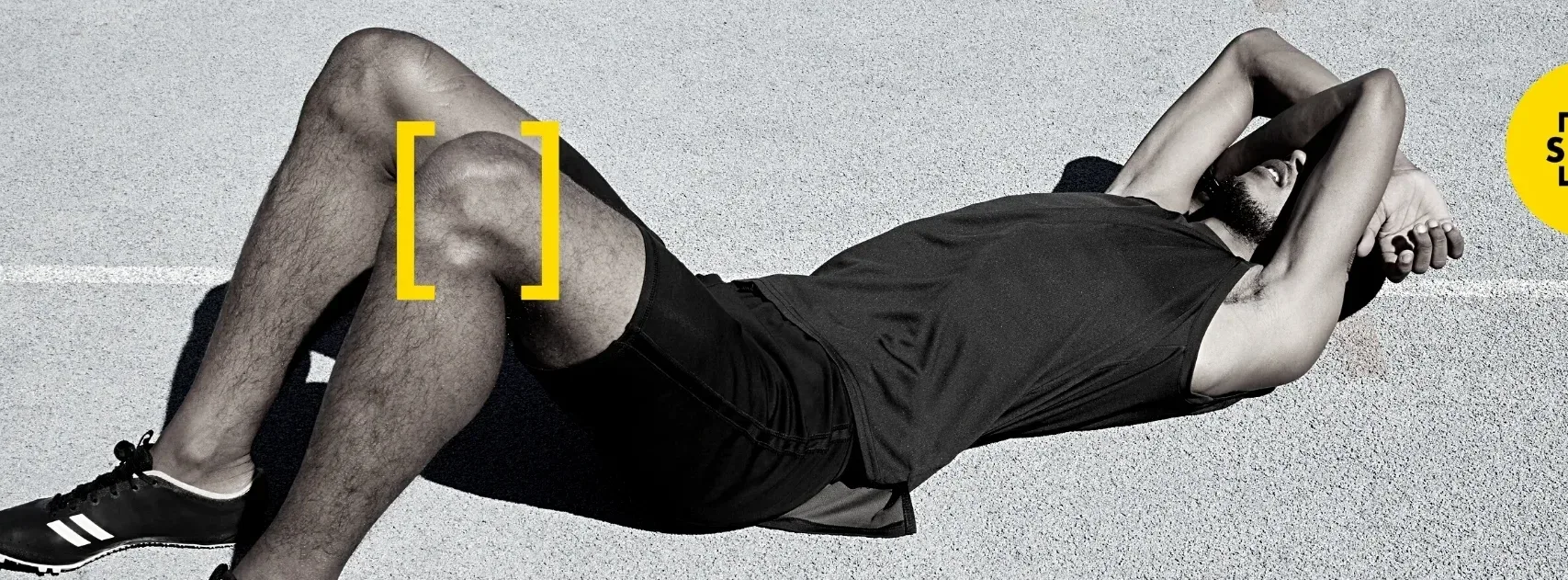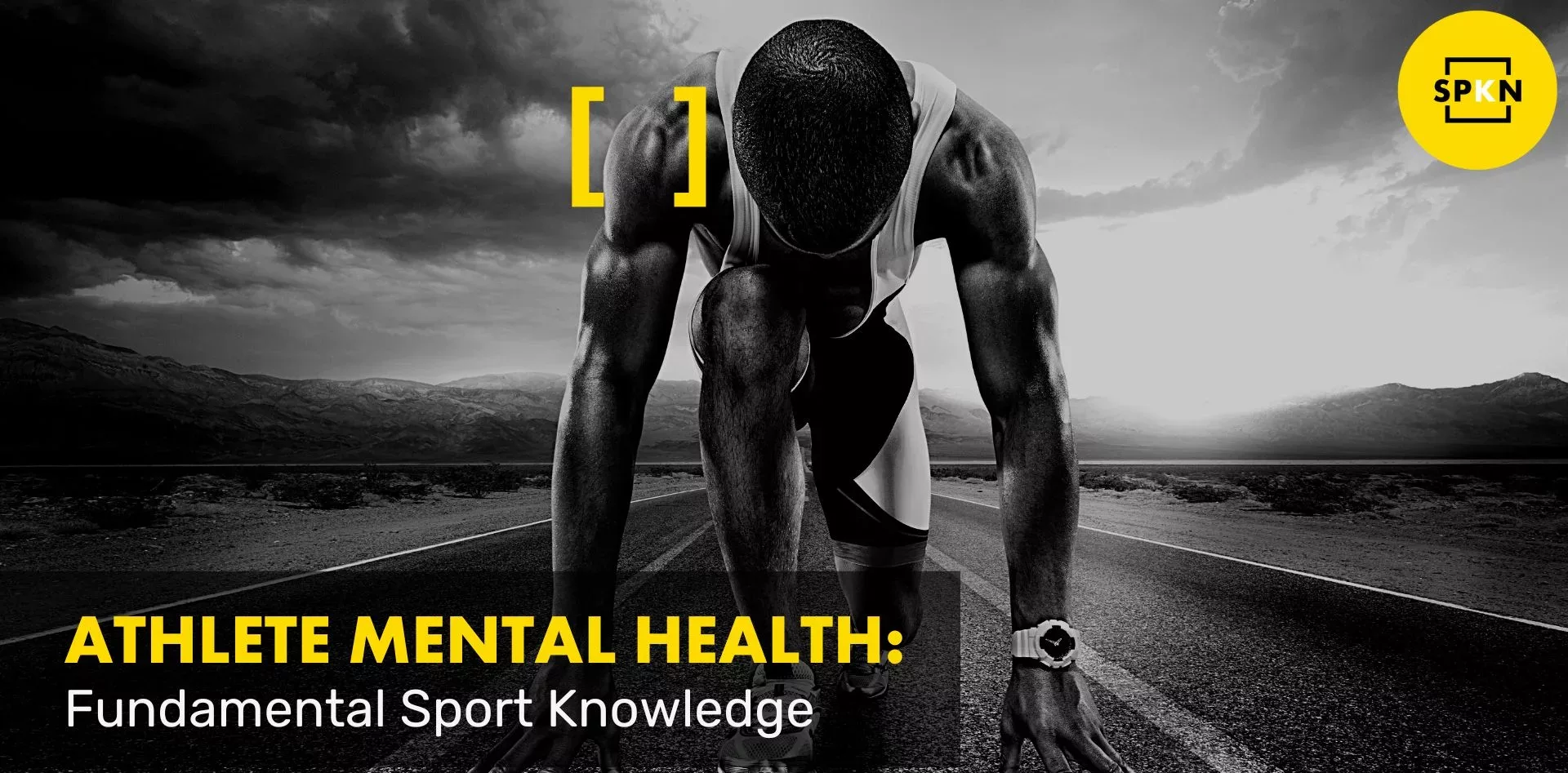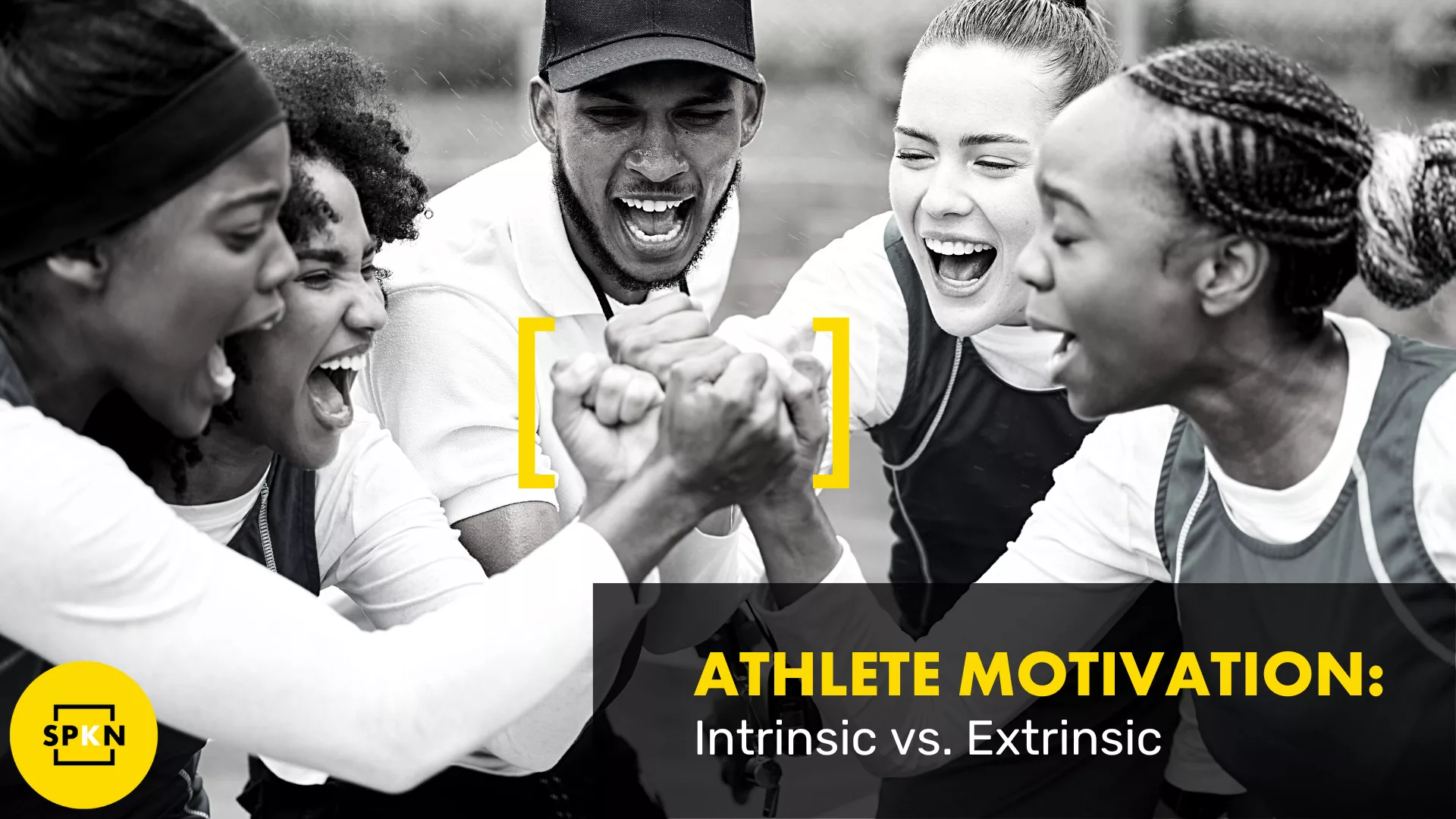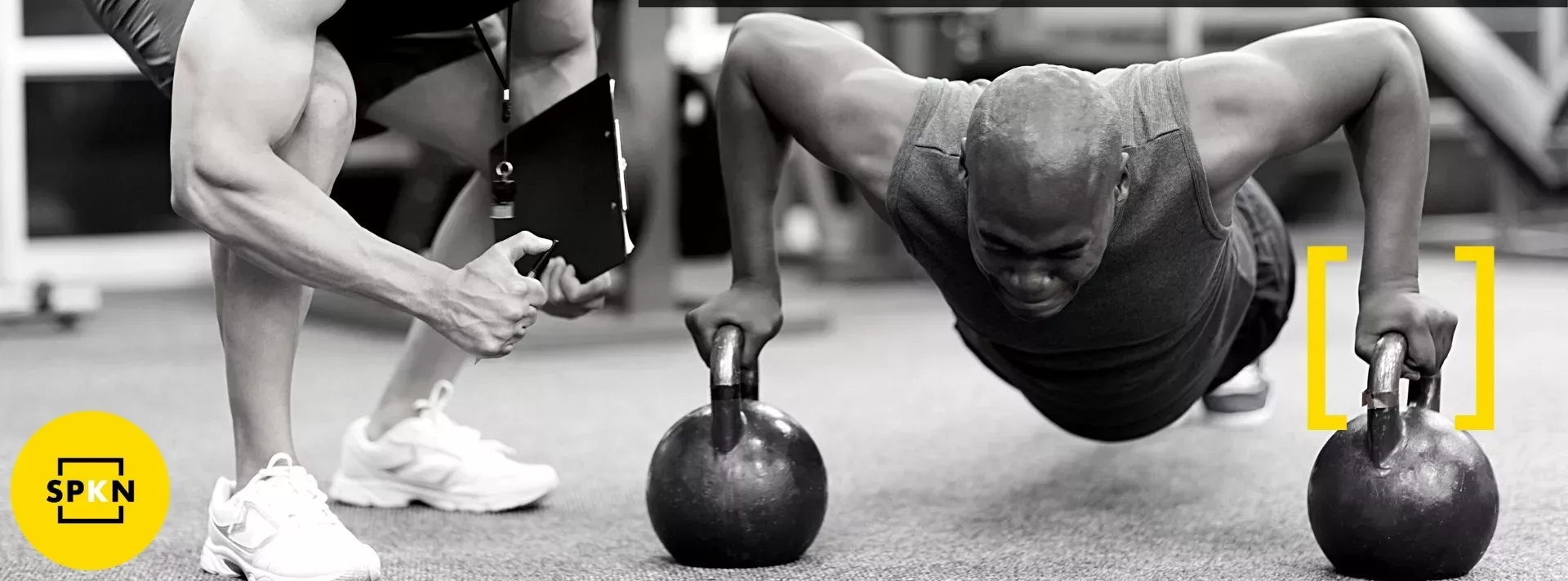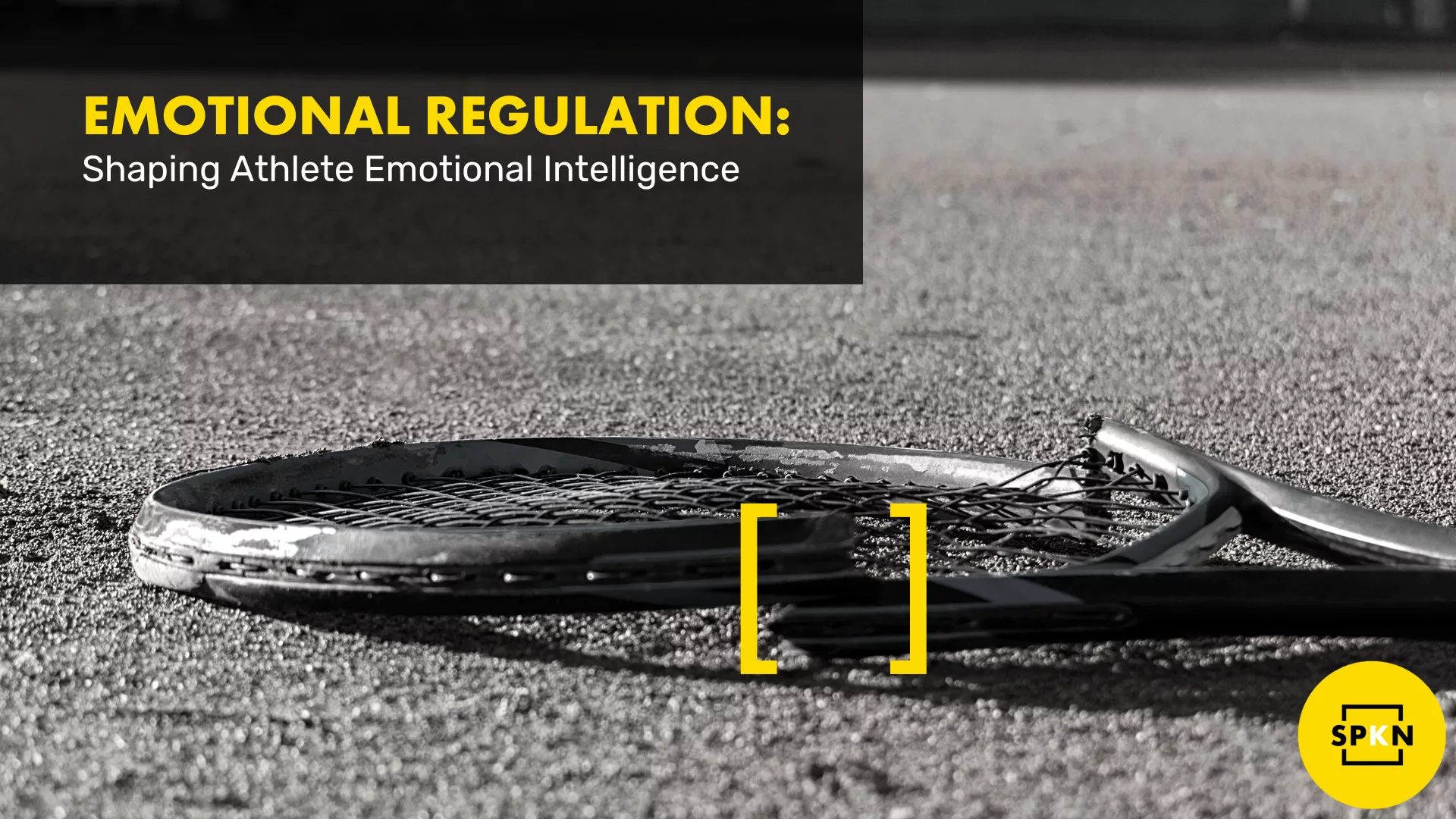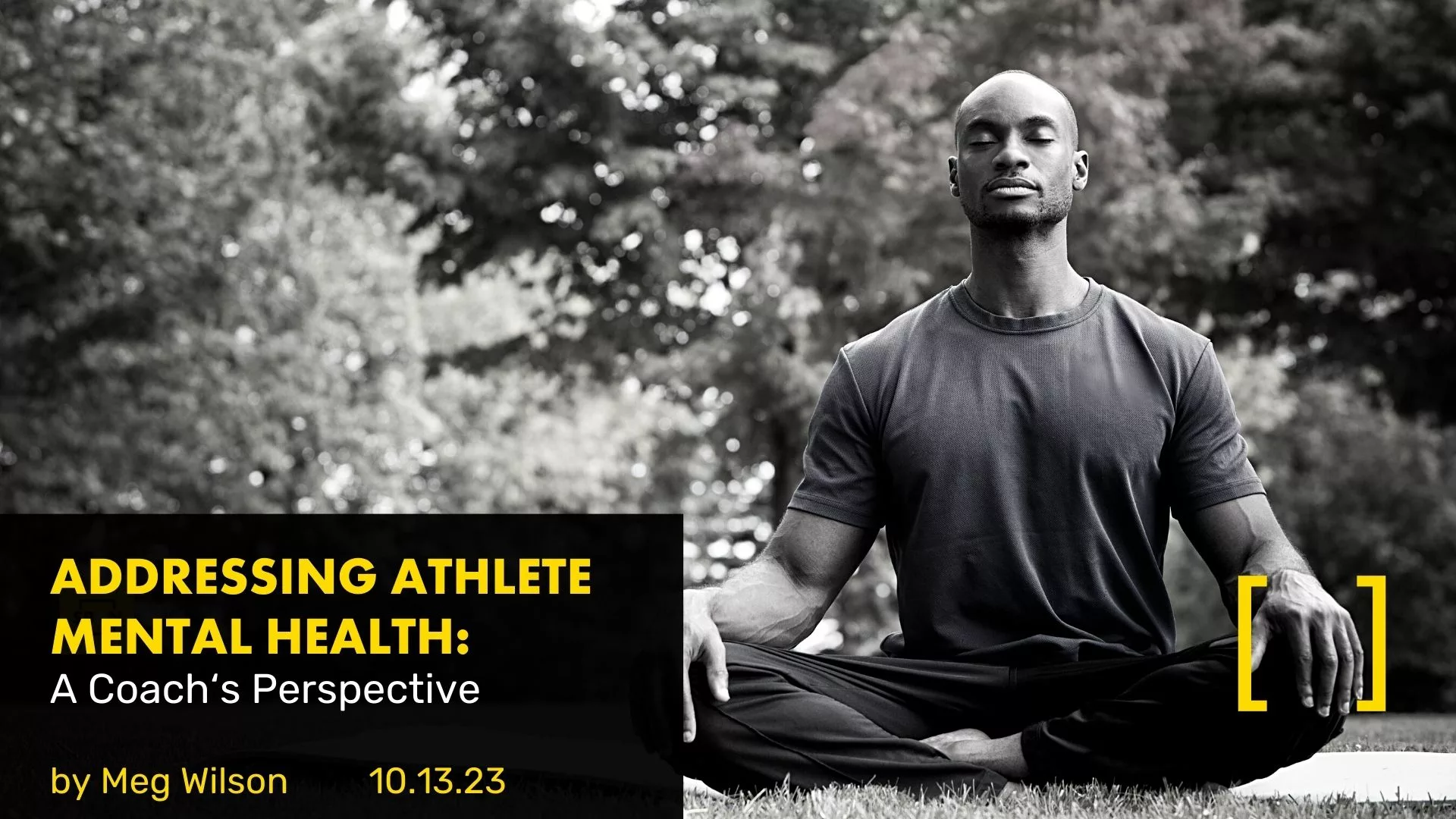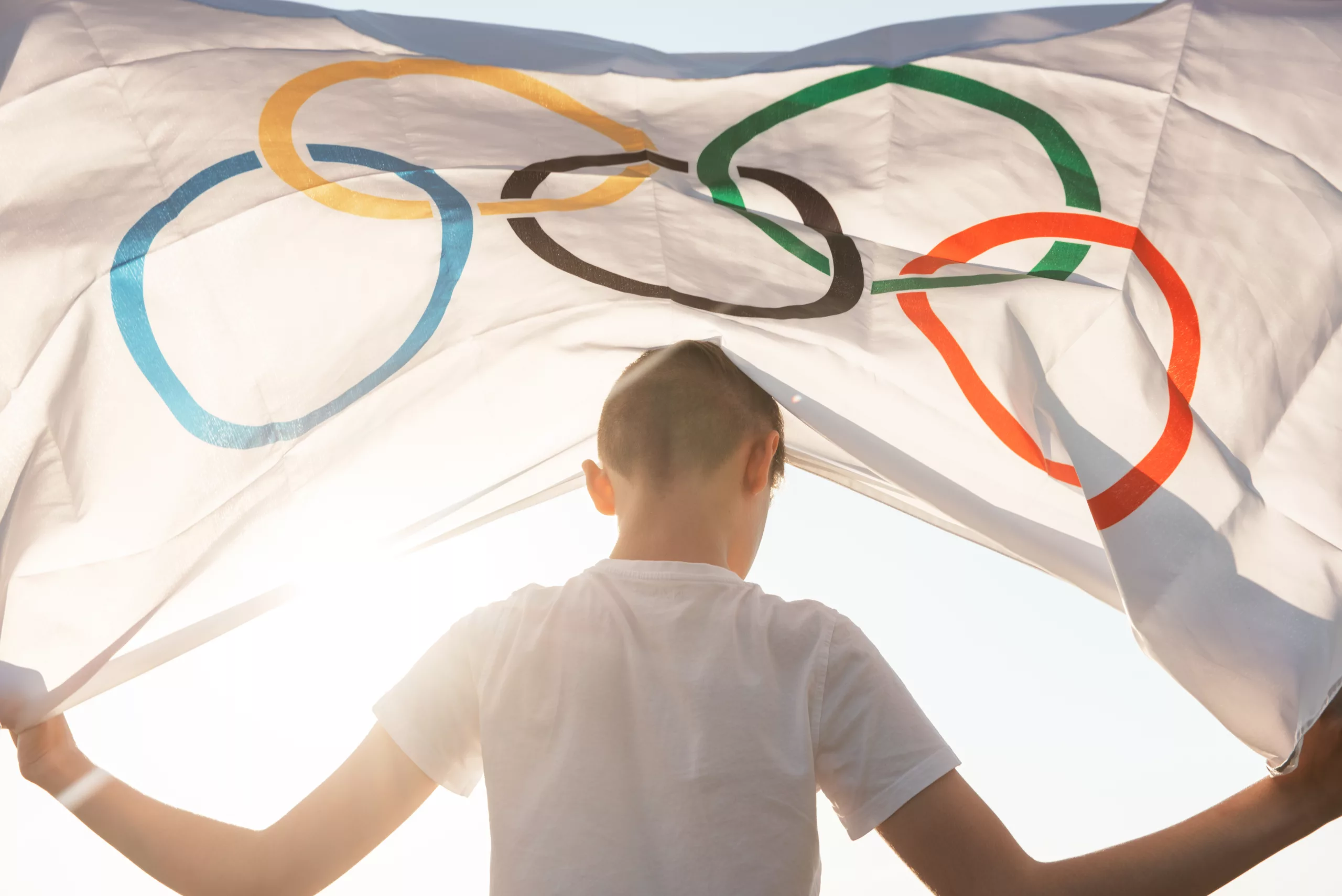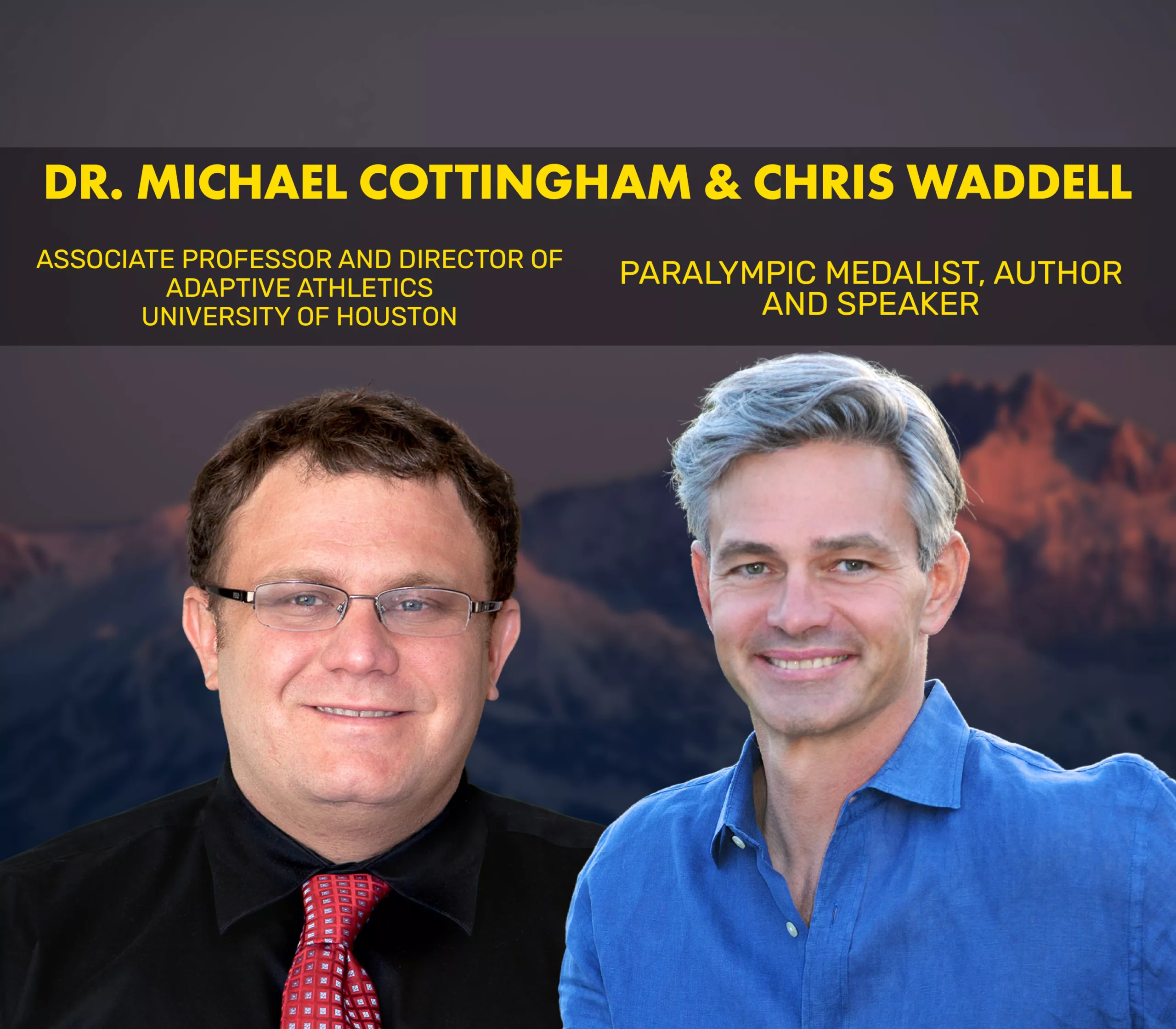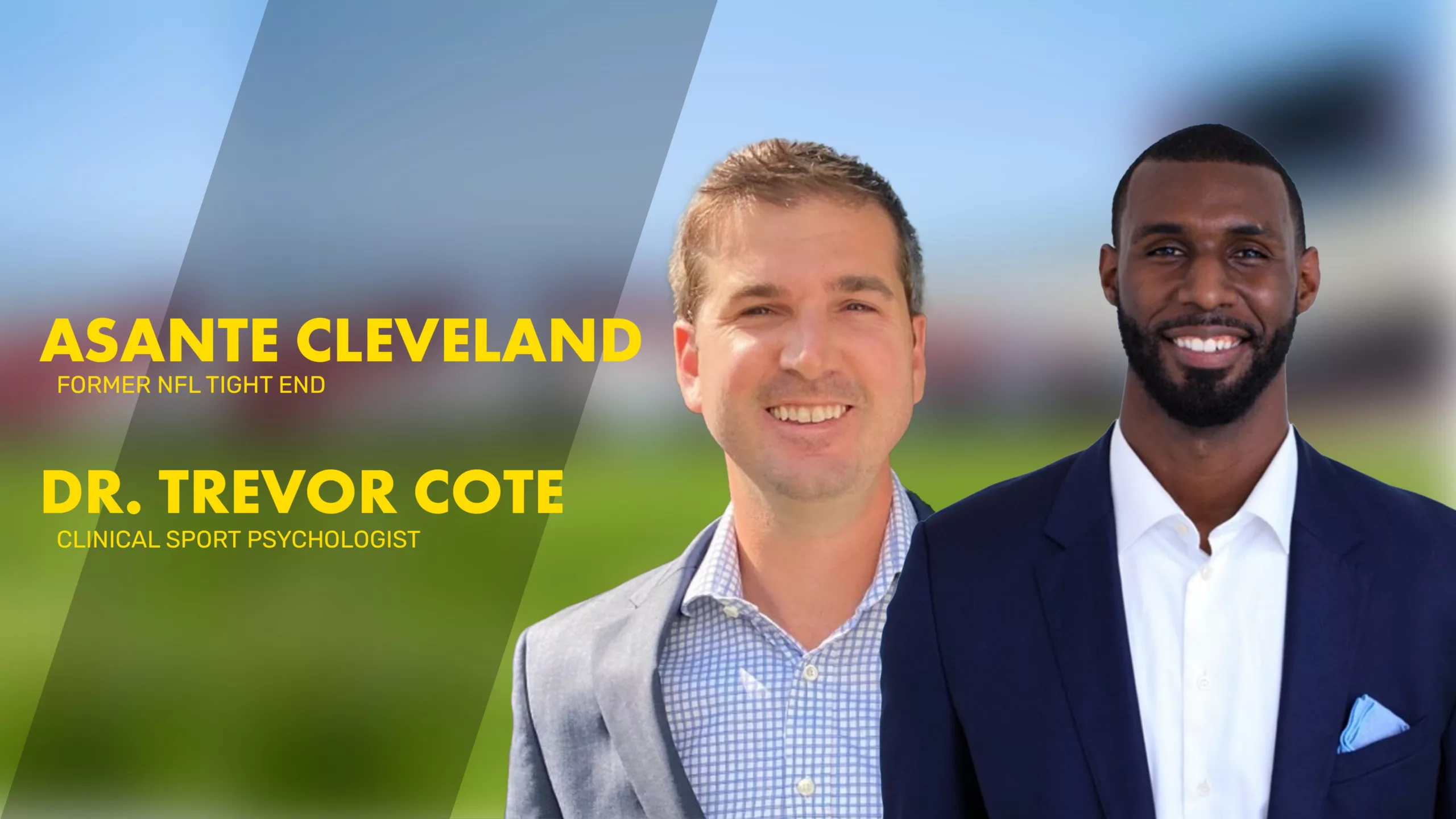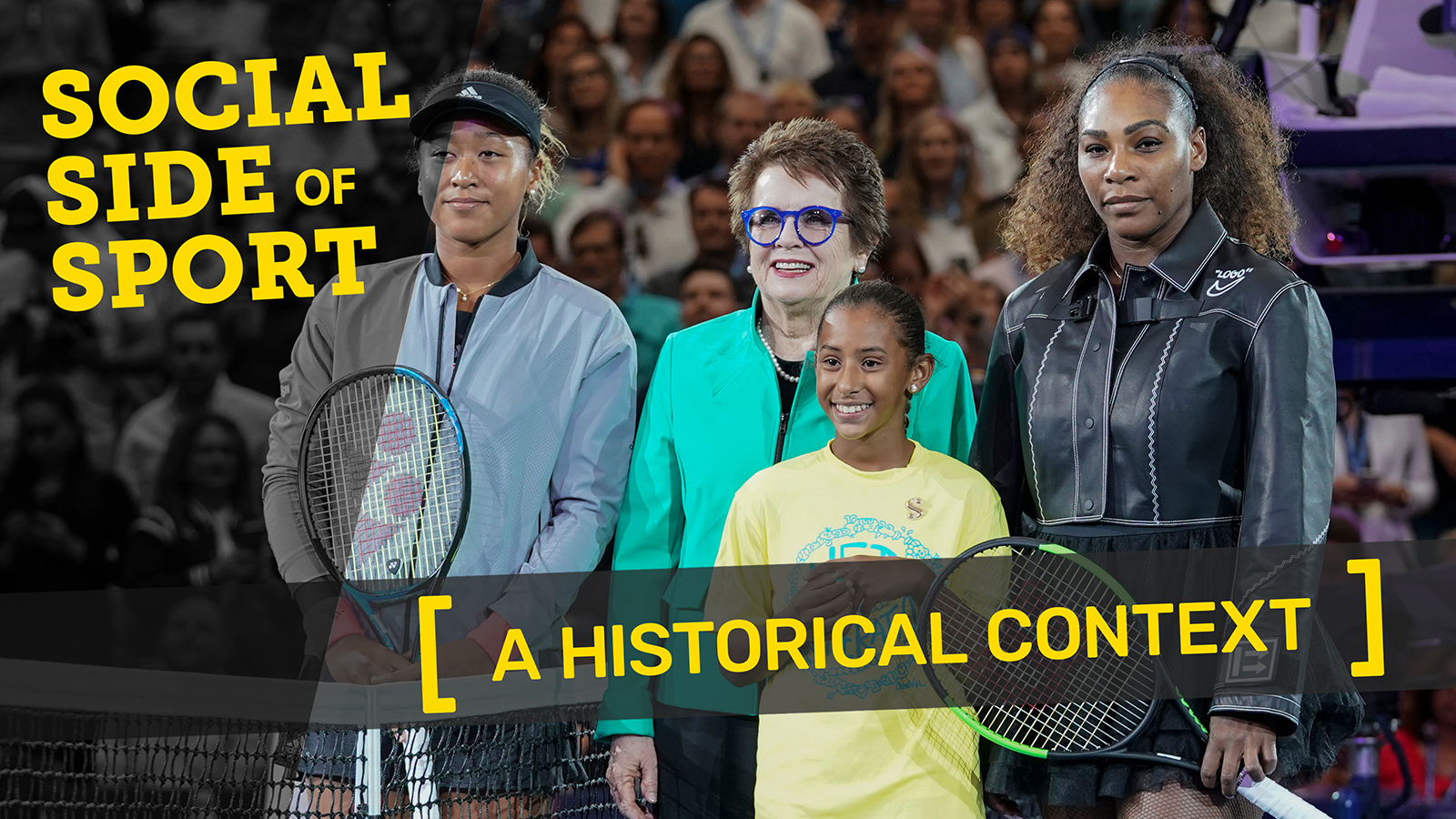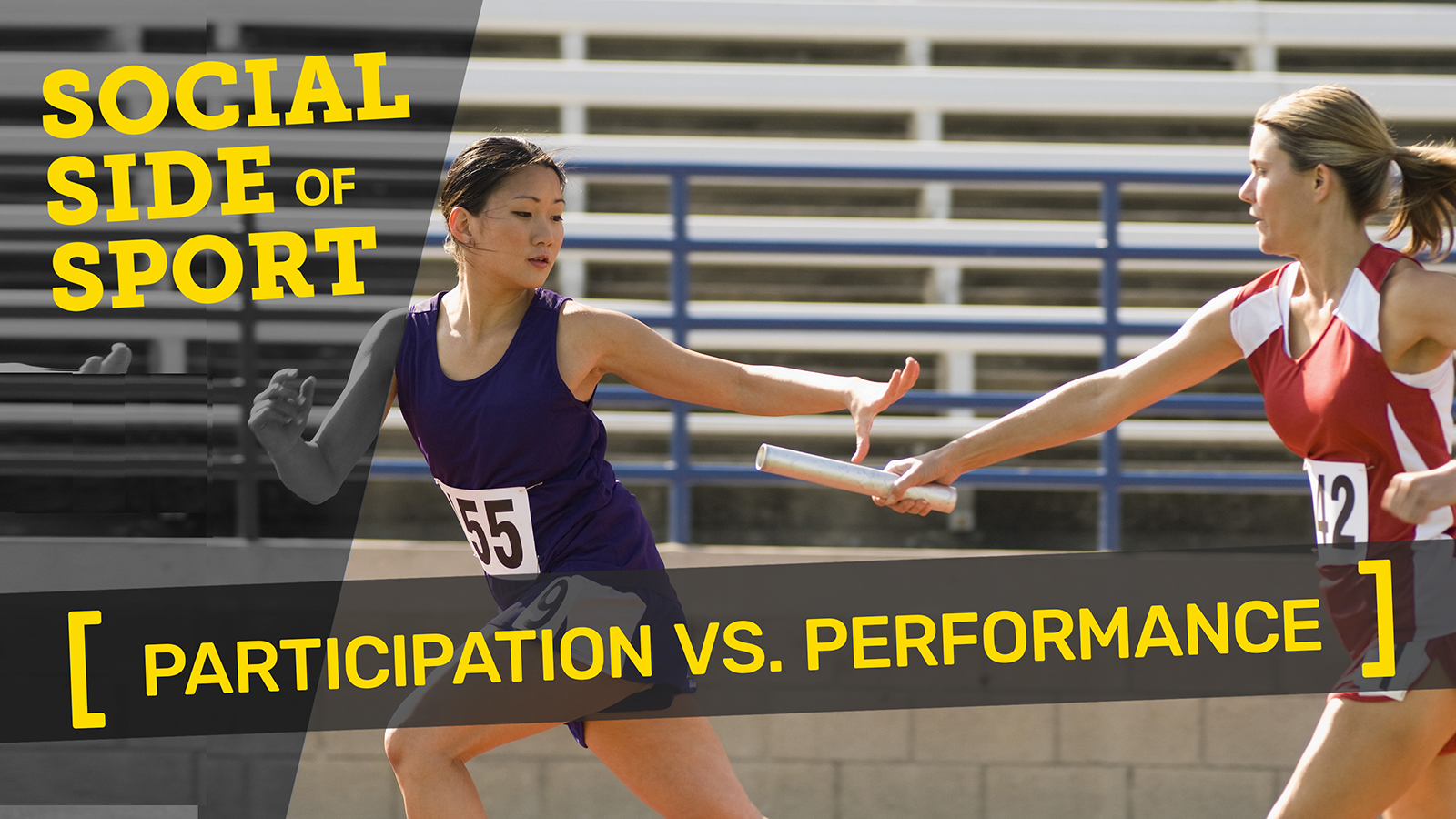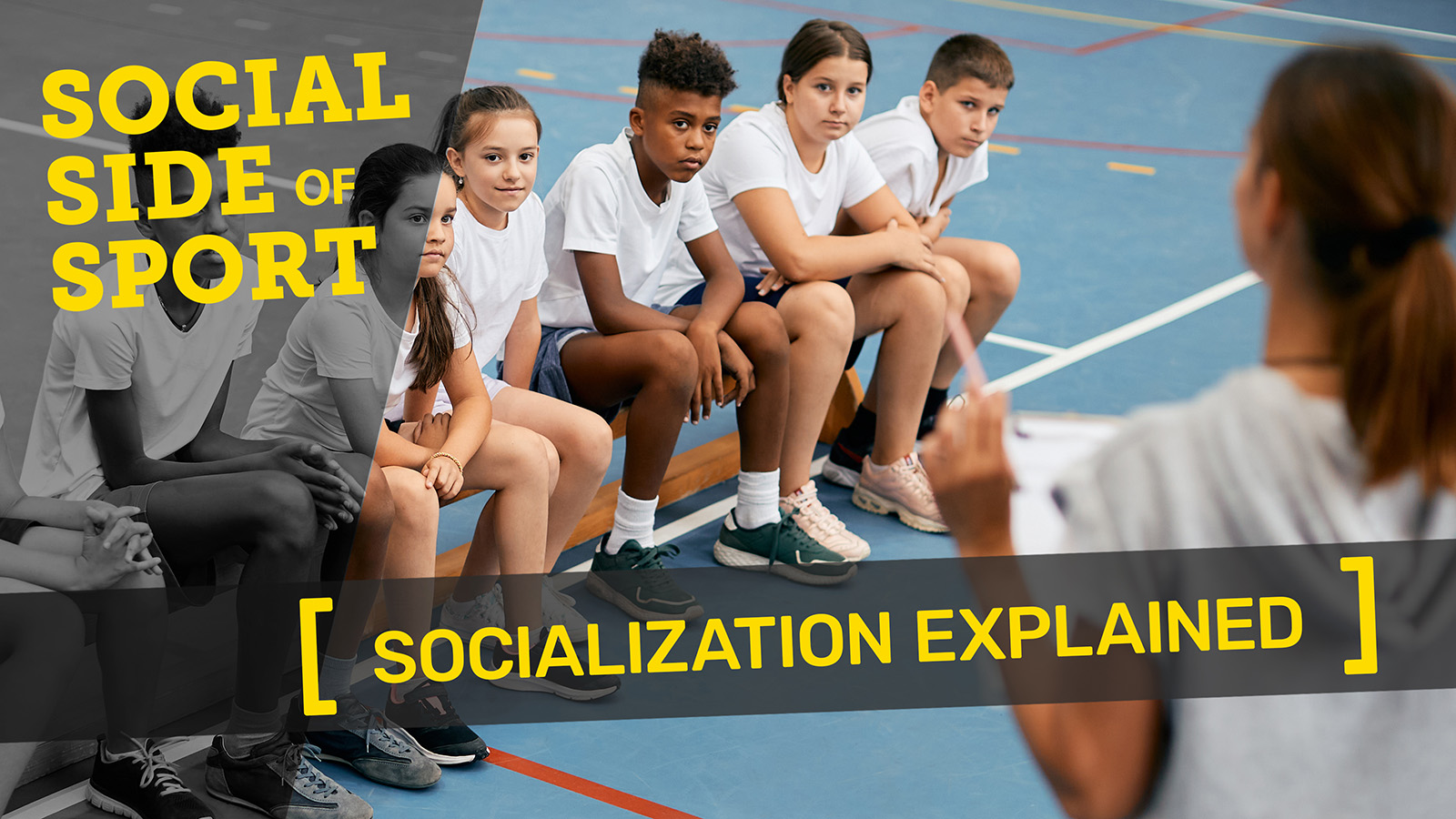Aging, the process of growing older, is highly individualized and reflects an individual’s genetic endowment and lifestyle. Although genetic make-up is determined at birth, the lifestyle portion of the aging process is malleable and reflects a person’s choices and behaviors. Physical activity (PA) and exercise, as well as nutrition, sleep, chronic stress levels, social support, and subjective well-being, are major lifestyle factors that influence the aging process.
PA is defined a “contraction of skeletal muscles that results in a substantial increase in caloric requirements over resting energy expenditure” (American College of Sports Medicine, 2018, p. 1). It is an umbrella term that includes all forms of human movement, such as gardening and household chores. In contrast, exercise is “a type of PA consisting of planned, structured and repetitive bodily movement done to improve and/or maintain one or more components of physical fitness” (American College of Sports Medicine, 2018, p. 1). Participation in PA and exercise can be acute, as reflected by a single bout of activity, or chronic as reflected by longterm participation (Berger, Weinberg, & Eklund, 2015).
Participation in moderate intensity PA and exercise, both acute and chronic, is associated with benefits that enable older participants to defy the aging process. While not a panacea for aging, these benefits interact with one another and help participants stave off age-related changes. The physical benefits include increased endurance, muscle mass, strength, flexibility, and balance (American College of Sports Medicine, 2018).
These physical benefits influence one’s ability to participate in diverse activities far into old age.
The psychological influences of exercise that can occur throughout the aging process include increases in perceived physical competency, self-efficacy, energy levels, and openness to new activities. As reported in multiple research studies, older adults who are physically active often report the same mental or psychological benefits as younger adults. These include enhanced self-concept and self-esteem, desirable changes in mood such as decreases in tension and depression and increases in vigor, opportunities for enjoyment and socialization, peak moments, and experiences of flow.
Active older adults also report less stress, and clinical levels of depression and anxiety (Berger et al., 2015). An important, new area of investigation in exercise psychology and neuroscience is the influence of moderate to high-intensity exercise on cognitive functioning. Acute exercise sessions appear to increase cognitive focus. Chronic participation in exercise may delay or prevent cognitive decline as evidenced by dementia and Alzheimer’s disease (Berger et al., 2015). Although more research is needed, it seems that exercise that is of moderate intensity or higher may protect aging participants with healthy brains from cognitive problems or memory loss.
In conclusion, aging that is signified by increasing age can be delayed by the multiple physical, psychological/ social, and cognitive benefits of participation in PA and exercise. Acute exercise sessions provide short-term benefits, such as stress reduction, mood enhancement, and cognitive focus. Chronic exercise can provide additional psychological benefits of increased energy, opportunities for enjoyment and socialization, feelings of confidence, and cognitive functioning. These benefits enable aging adults to participate in meaningful and enjoyable life activities and, thus, establish an optimal quality of life that continues far into old age. Reflecting the mental influences of exercise, members of the aging world population who are physically active find that they can resist, redefine, and better accept challenges presented by the aging process.
References
American College of Sports Medicine. (2018). ACSM’s guidelines for exercise testing and prescription (10th ed.). Philadelphia, PA: Wolters Kluwer. https://amzn.to/3GFmxwx
Berger, B. G., Weinberg, R. S., & Eklund, R. C. (2015). Foundation of exercise psychology (3rd ed.). Morgantown, WV: FIT Publishing. https://amzn.to/3CQMyYr
***Contributed by Bonnie G. Berger for Hackfort, D., Schinke, R. J., & Strauss, B. (Eds.). (2019). Dictionary of sport psychology: sport, exercise, and performing arts. Academic Press.
(https://amzn.to/3ZxARzT)





